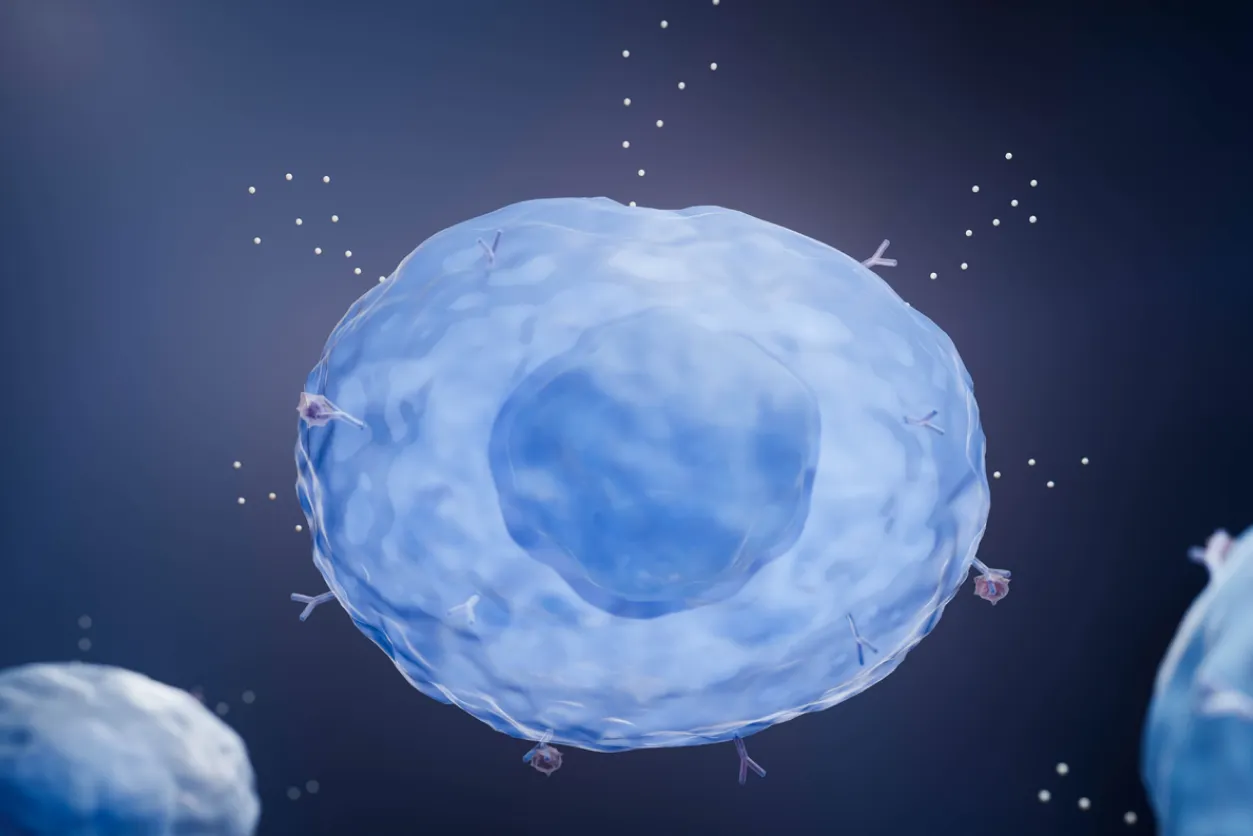Introduction to Mast Cell Activation Syndrome
Mast Cell (MC) Activation Syndrome (MCAS) is a newly recognized disorder characterized by systemic clinical manifestations. Patients with MCAS often present with a variety of symptoms, including abdominal pain, diarrhea, flushing, dermatographism, memory and concentration difficulties, and headaches. This syndrome can affect multiple organ systems, making diagnosis and treatment challenging.
Clinical Manifestations of MCAS
In a study conducted from 2006 to 2009, 18 patients with MCAS were evaluated. The majority of these patients experienced abdominal pain (94%), dermatographism (89%), and flushing (89%). Additional symptoms included headaches, diarrhea, and cognitive difficulties. All patients showed at least one positive laboratory test indicating increased MC mediator levels, confirming the presence of MCAS.
Diagnosis and Laboratory Findings
Patients were included in the study based on specific criteria, including the presence of at least four clinical features, a response to anti-MC mediator medications, and laboratory evidence of MC mediator release. Common laboratory tests for MC mediators included serum tryptase and 24-hour urine histamine and prostaglandin D2 (PGD2) levels. A significant portion of patients exhibited elevated levels of these mediators, reinforcing the diagnosis of MCAS.
Treatment and Response
Patients with MCAS were treated with a combination of histamine blockers and MC membrane-stabilizing medications. Remarkably, 67% of the patients experienced either a complete or major regression in symptoms. This positive response highlights the effectiveness of targeting MC mediators in treating MCAS.
Importance of Recognizing MCAS
MCAS is a critical diagnosis to consider when patients present with unexplained, multi-system symptoms. Recognizing the constellation of clinical features is essential, as the response to anti-MC mediator medications is often excellent. The study emphasizes the importance of increased awareness and understanding of MCAS among healthcare providers, particularly in allergy, immunology, and gastroenterology clinics.
Conclusion
MCAS is a systemic disorder that manifests with various clinical symptoms across multiple organ systems. Effective diagnosis and treatment rely on recognizing the characteristic symptoms and confirming the presence of elevated MC mediators. This study demonstrates that anti-MC mediator medications can significantly improve the quality of life for patients with MCAS, underscoring the need for further research and awareness in the medical community.
Visit our resources for more articles.




